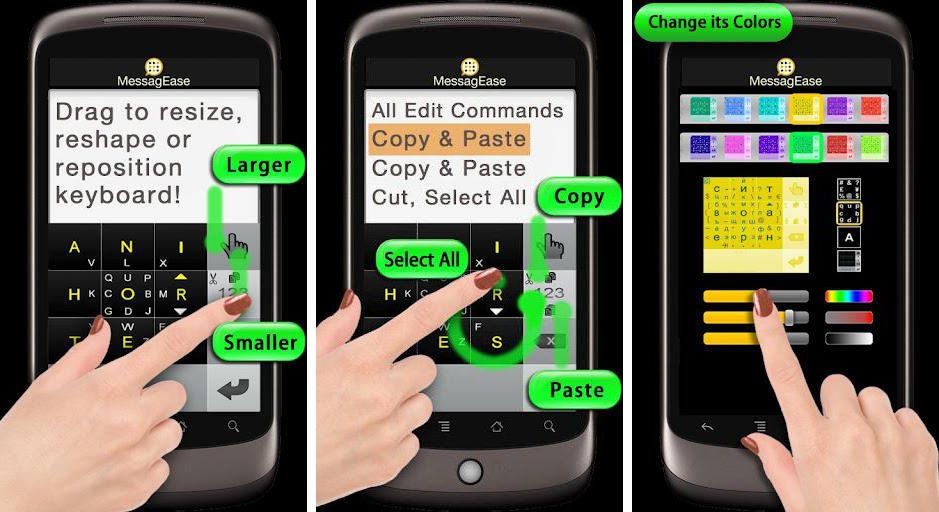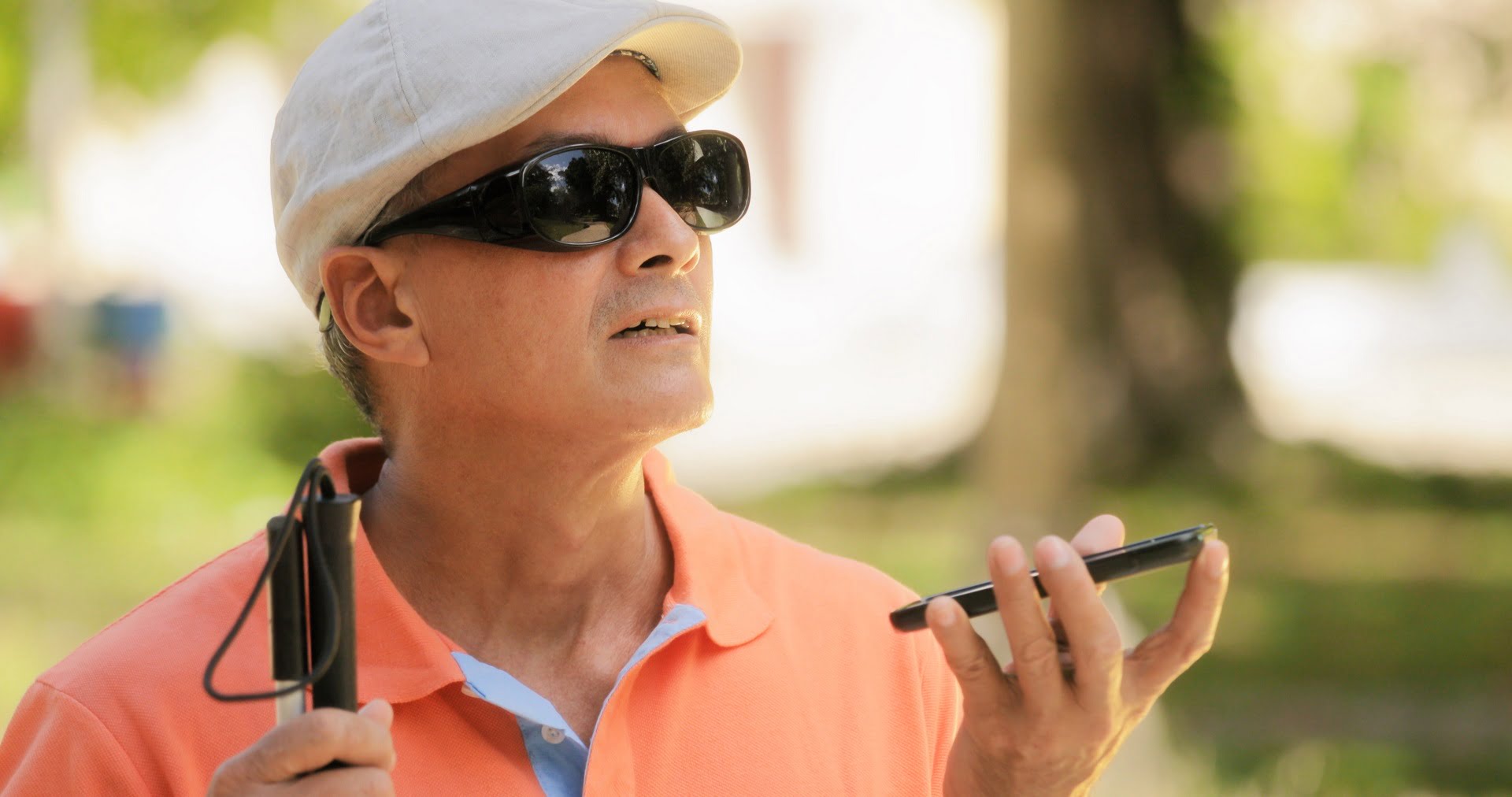Lookout app can find the lost things in several places
Google has unveiled new accessibility enhancements across its services, aimed at empowering individuals with disabilities and fostering a more inclusive technological landscape.
Enhancements to Google Maps’ accessibility features, expansion of the Look to Speak app, and upgrades to the Lookout tool for Android are among the notable improvements.

The major update to Android’s Lookout tool stands out as particularly significant, now boasting advanced AI capabilities to assist individuals with visual impairments in real-time navigation and object recognition across various categories.
Additionally, the Look to Speak app for Android introduces a text-free option, allowing users to engage in conversations using eye-controlled prewritten words, thereby enhancing usability and inclusivity for those with cognitive impairments and language barriers.

Project Gameface, previously exclusive to PCs, has been extended to Android devices, enabling users to control a computer cursor with their head and face movements, thereby expanding accessibility in computing.
Google Maps now allows businesses to indicate support for Bluetooth devices with Auracast enabled, enhancing navigation for individuals with hearing impairments by enabling audio reception from broadcast devices at different venues.
Furthermore, Google Maps’ comprehensive audio guidance for walking directions is now universally accessible on both Android and iOS devices, supporting all available languages.
In response to user feedback, Google has enhanced its sound notification system to better alert individuals to important sounds, such as fire alarms, while also improving the onboarding process, sound event browsing, and the ability to save custom sounds to cater to users with hearing difficulties.

